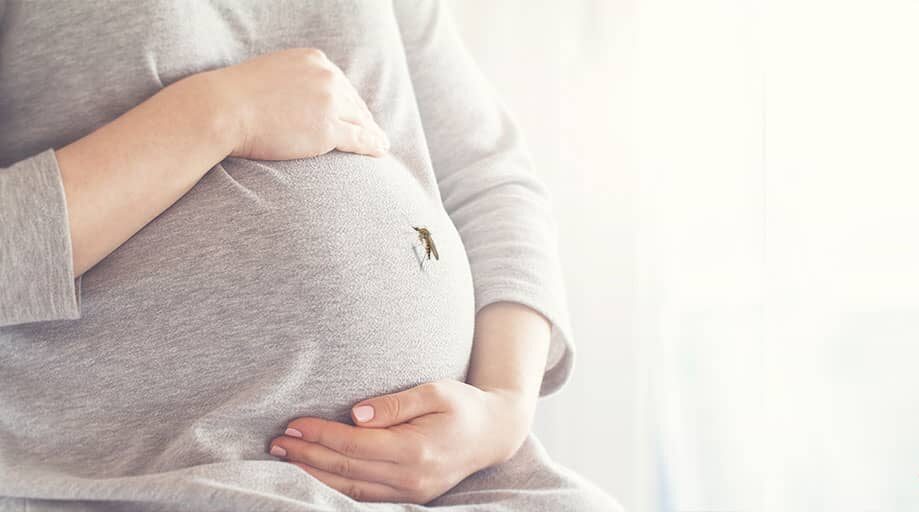In the past few decades, dengue fever, a mosquito-borne viral illness has emerged as a significant health concern. It is a well-known fact that pregnancy is a period of heightened vulnerability during which the mother’s immune system undergoes numerous changes to accommodate the developing foetus. In the context of dengue fever, these changes can potentially lead to complex interactions in the body which may affect both, the mother and the unborn baby. This raises concerns on awareness about dengue and its causes, symptoms, and prevention during pregnancy. Let’s develop a better understanding of dengue in pregnancy.
What is Dengue?
Dengue is an illness transmitted by mosquitoes, affecting individuals residing in or traveling to regions where dengue is prevalent.
How can dengue fever affect pregnancy?
If you get infected with dengue within the final trimester before childbirth, your baby is at risk of dengue infection. It could lead to detrimental consequences for your unborn child, including:
-Premature birth
-Low birth weight
-Death of the unborn
What are the symptoms of Dengue?
Dengue usually causes symptoms after 4 to 10 days of bitten by an infected mosquito. The most common symptoms are:
-High temperature (38º C / 100.4º F) for a period of around seven days.
-Severe headache
-Eye pain
-Joint and muscle pain
-Skin rashes
-Nausea and vomiting
Although rare, some people may experience more severe symptoms like severe tummy pain, fast breathing, fatigue, bleeding gums or nose, and restlessness.
How is Dengue treated?
For most individuals, dengue symptoms subside within a few days, often without necessitating extensive medical intervention or a hospital stay.
To alleviate your symptoms, you can:
-Prioritize adequate rest and recovery
-Ensure proper hydration by consuming ample fluids
-Use paracetamol to manage fever and discomfort
However, it’s important to note that anti-inflammatory pain relievers like ibuprofen or aspirin must be strictly avoided during dengue fever, as they could potentially lead to bleeding issues.
In severe dengue fever, hospitalization and specialized treatment may be required. Your healthcare provider will oversee your care and guide you through the recovery process.
Who is at more risk of severe complications from dengue fever?
Following people may face severe complications if get infected with dengue:
-Young people
-People who are 65 years or older
-Women who are pregnant
-People with the weekened immune system
How can we protect ourselves from dengue?
-Wear long-sleeved shirts and trousers to protect your hands and legs from mosquito bites.
-Use insect repellent
-Use blinds or screens on windows and doors
-Remove stagnant water from objects like flowerpots, vases, or buckets.
Since pregnancy is a delicate journey, you must guard yourself and your unborn against sneaky illnesses like dengue. It is especially important because dengue can harm the pregnant mother and her unborn baby. It’s like a battle to protect the growing life. Each small action we take adds up to a big defense against this threat. With our efforts, we can help ensure that pregnancy remains a time of joy and promise, free from the worries of dengue.
To find out more, you can always get in touch with Dr. Shweta Wazir at 8448128007 or ask@drshwetawazir.com.


Leave A Comment